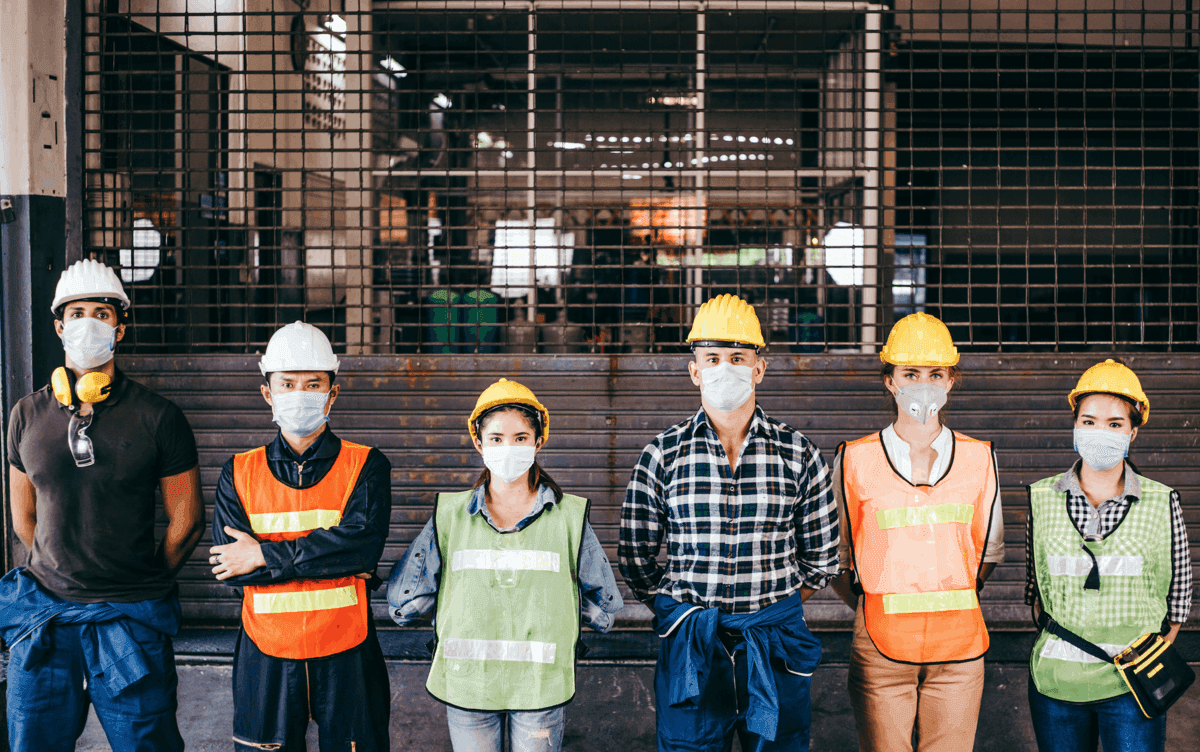Written by: Emma Dawson, Employment Relations Expert
As COVID-19 lockdowns continue to disrupt businesses across the country, employers looking to stand down staff during this time must follow the correct procedures under the Fair Work Act.
The process when standing down employees isn’t always clear cut, and certain Awards and agreements may also have their own stand down provisions. Employsure, Australia’s largest workplace relations advisor, is urging employers to check their Award or agreement in advance before making the decision to stand down staff.
“As an employer, there may come a time when you need to stand down employees without pay for reasons outside of your control,” said employment relations specialist Nicholas Hackenberg.
“If the stand down provision does not apply to the employer, they may be obliged to continue to pay their employee even at times when they are not working, such as in a lockdown. Employers must double check what rules apply to them to ensure they don’t get hit with a Fair Work claim.”
For employers who can stand down staff, they must take all reasonable steps to usefully employ them elsewhere first. Employees should be given the opportunity to perform any work available to them, even if it falls outside their usual duties, before a decision is made to stand them down. Employers will also need to consider options such as working from home or changing the employee’s location of work.
To be able to legally enact a stand down, employers must be able to show the stoppage of work has already taken place (e.g. due to a lockdown). They must also show that the stood down employees cannot be usefully employed in their usual or an alternative role, and the cause of the stoppage must be one for which the employer cannot reasonably be held responsible for.
During a stand down the employee is still employed by the business but does not get paid for the time they are stood down. This is different from unpaid leave which is usually initiated by the employee. Employers can only enact a stand down if there is a stoppage of work outside of their control, not simply because there is a downturn in business.
As COVID-19 restrictions continue to hit the cash flow of businesses across the country, employers can also consider alternatives to stand downs under the correct circumstances.
“Giving an employee the option to take a portion of paid leave, or reducing the number of working hours each day can help reduce the potential effects on an employee,” continued Mr Hackenberg.
“Employees covered under some awards are still entitled to an extension in annual leave flexibility. Until the 31st of December, employers can agree for staff to take their annual leave at half pay and double their time off work. In other words, the employee gets paid one week of their annual leave entitlement over a fortnight.
“The general rule is an employer can only direct staff to take annual leave if that direction is considered to be reasonable. This all needs to be managed carefully to ensure the employer is acting in-line with the relevant Award or agreements and that all options are fairly considered.”
Need help understanding stand downs? Employsure supports 30,000 businesses like yours across Australia and New Zealand. Get in touch to find out how we can help you with your HR.

